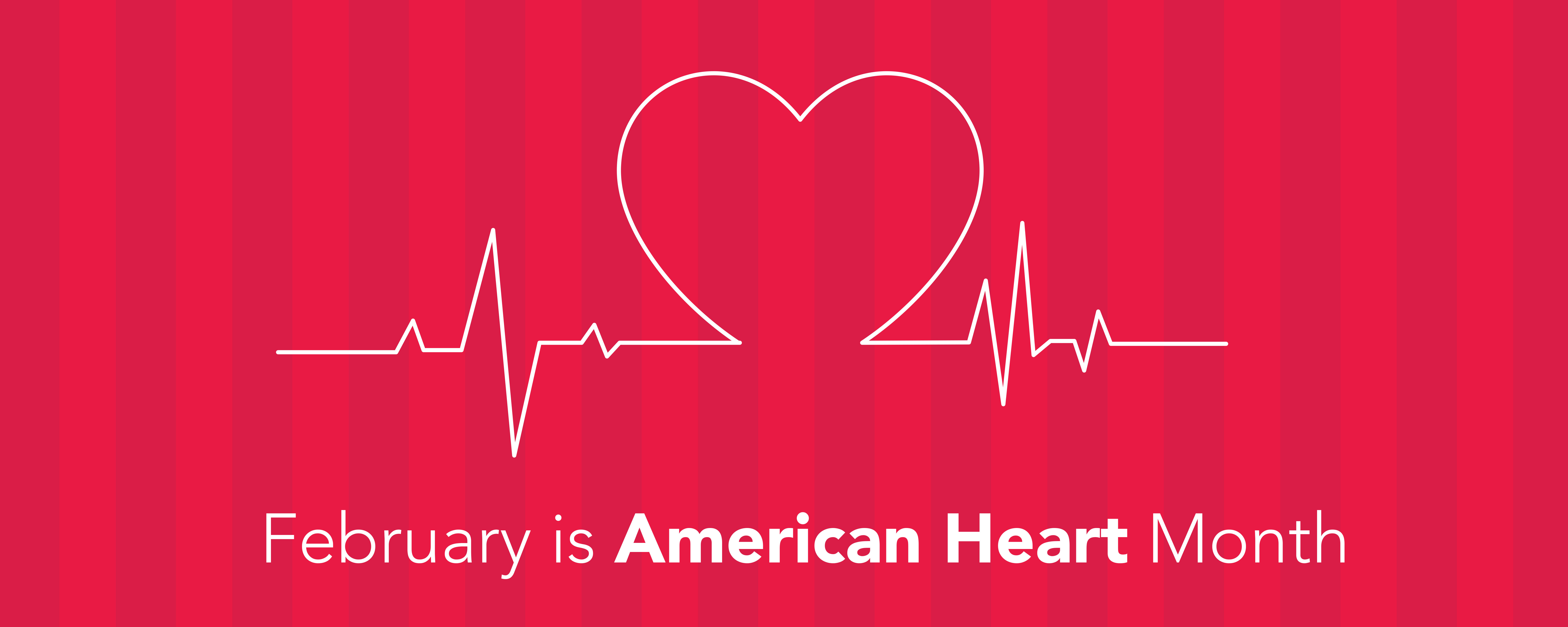EAT SMART. MOVE MORE. LIVEWELL.
Heart disease is a leading cause of death for men and women in the United States, but there are lifestyle adjustments you can make to prevent heart disease.
Here are preventive steps that you can take to keep your heart healthy.
MAINTAIN A HEALTHY WEIGHT
Combining a healthier diet and an active lifestyle can help you maintain a healthy weight, an excellent investment in your long-term health. This reduces the chance of heart disease due to obesity.
EAT HEALTHIER FOODS
A variety of fruits and vegetables, whole grains, low-fat dairy products, skinless poultry, and fish are healthy foods you can incorporate into your daily food intake.
You can: Read BCHD’s blog on seven foods that can improve your heart health here. Also visit bchd.org/healthyeating for more tips and recipes.
EXERCISE
How about going for a walk? The U.S. Department of Health and Human Services’ Physical Activity Guidelines for Americans recommends adults move more and sit less throughout the day. Any physical activity is better than none. For substantial health benefits, adults should do at least 150-300 minutes of moderate-intensity exercise a week to help your heart stay healthy.
You can: Join BCHD’s Center for Health & Fitness, the most comprehensive fitness center in the South Bay and the only fitness facility in California to be certified by the Medical Fitness Association. Click here for more information.
GETTING ENOUGH SLEEP
According to the Centers for Disease Control and Prevention, most adults need around seven hours of sleep. Not getting enough sleep over time can result in serious health problems.
You can: Follow these sleep hygiene tips from the American Heart Association.
- Move it. Charge your device as far away from your bed as possible. Bonus? The distance may help you feel less overwhelmed in general.
- Dim it. Dim your screen or use a red filter app at night. The bright blue light of most devices can mess with your circadian rhythm and melatonin production.
- Set it. Alarms aren’t just for waking up – set a bedtime alarm to remind you that it’s time to wrap it up for the night.
- Lock it. If you’ve got a scrolling habit you need to kick, try an app-blocking app that makes it impossible to get lost in after-hours emails, social media or gaming.
- Block it. Tell notifications to buzz off if they’re waking you up at night. Put your phone on “do not disturb” mode to block it all out when you’re trying to sleep.
GET TO KNOW YOUR FAMILY’S MEDICAL HISTORY
Get to know your immediate family’s medical history to find out if they have had heart disease and, if so, at what age and what symptoms they experienced. According to the American Heart Association, even if your family has a clean bill of health, you should be aware of other genetic factors that can increase your family’s risk. Taking all the precautionary measures may reduce any possible threat.
You can: Talk to your immediate family today about their heart health history.




